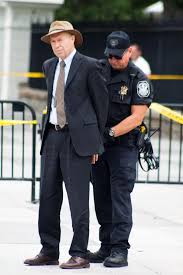When you’re charged with a crime and brought to court, often it’s your word against your arresting officer’s; the officer’s word always carries more weight. This is why video/audio evidence can be so important, freedom can be at stake. The laws on whether police interactions can be recorded are often murky. It’s important to know the rules in your state. Here’s a basic overview:

Texas Recording Laws:
Texas is a one party consent state. What this means is that, as long as you aren’t interfering with their work, you are allowed to record interactions with police. It’s still very likely that they will confiscate/search your camera and/or charge you with obstruction of justice, but you can’t be arrested specifically for recording them.
Always Inform Police They’re Being Recorded:
Ensure they’re aware you have a recording device; legalities get very murky here and there could be repercussions. NEVER record a conversation between police officers that you are not privy to without their knowledge.
Keep Sufficient Free Space On Your Recording Device:
About 500 MB of unused space on a phone will usually store approximately 5 minutes worth of video. Audio recordings don’t require nearly as much space. There are many apps available that instantly download your video to the internet, ensuring it doesn’t get deleted from your phone.
Keep Phone Password Protected:
There’s a good chance that officers will confiscate your phone and delete your recording, with or without a warrant. They cannot search through your phone, physically or legally, if it is password protected.
There are instances where police recording can backfire; still, it’s the best defense against abuse of authority. Should you find yourself arrested while recording police in the line of duty, ATX Bail Bonds can help. For more information, please give us a call at (512) 834-2245.


